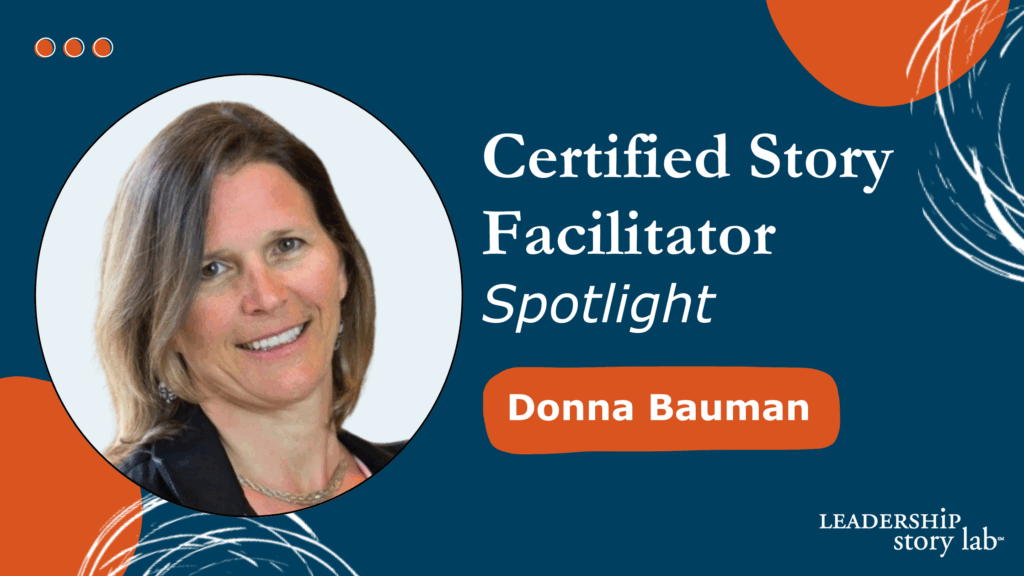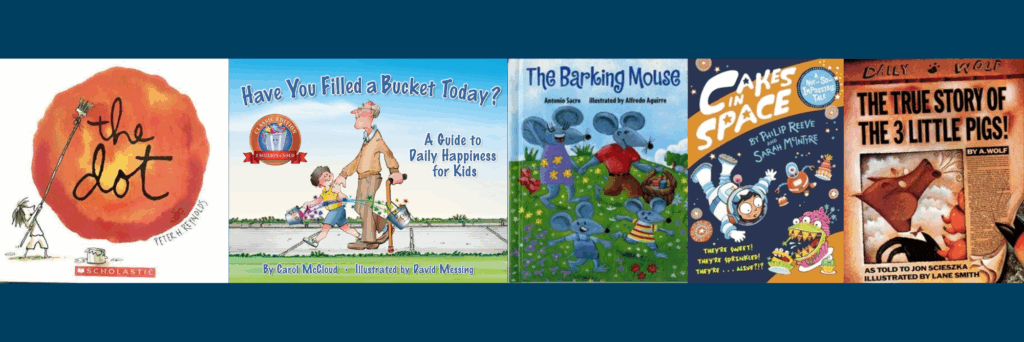October 22, 2021 / Esther Choy

A lasting family enterprise depends on many factors, but centers on purpose.
Meghan Juday of IDEAL INDUSTRIES tells me it’s about leaving things better than you found them—in other words, good stewardship. Chris Herschend of Herschend Family Entertainment talks about leading a company that creates memories and working with a family committed to living, loving, and serving together. Kent Johnson asserts that children are the world’s most important people, and Highlights for Children exists to not only educate, but also advocate for them.
I have had some incredible conversations with the guest leaders and experts on this season of my Family IN Business podcast for the Northwestern University’s Ward Center for Family Enterprises. We have talked about how to find and define our purpose. We have covered the role of family conflict, unfavorable odds, and crossroads moments. Their authentic, transparent storytelling has inspired me and reminded me of the importance of finding my own purpose.
What is purpose, anyway? Is it your mission or vision statement? These actually play different roles: while your vision statement is “what” and your mission statement is “how,” your purpose is your “why.” And as Simon Sinek says, you have to start with why.
My guests’ stories illustrate many truths about purpose and diverse experiences in finding one’s own. Here are some of the big takeaways.
1. Your family’s story can inform your purpose.
Our podcast focuses on family enterprise, so it’s obvious that family will play an important role in the lives and viewpoints of our guests. Nevertheless, there are universal parallels: your family and your heritage shapes your view of the world, and consequently, your sense of purpose.
The stories passed down in families form us. Esther Perel recently discussed this with Brené Brown when noting that sometimes parents withhold stories because they don’t want to “contaminate” their children. Meghan Juday makes a fascinating point about negative legacy—the grudges, prejudices, and general dysfunction we can inherit from our family.
But on the positive side, we can inherit some strong foundational values that act as a compass in uncertain times. In his episode, Adam Farver of Pella describes how his grandmother’s advice—happiness is a choice, and love is a verb—helped him redirect his life after his accident. Jennifer Pendergast notes in our episode with Enrico Leta of Vitalatte and Yorgus that having an entrepreneurial parent shapes your view of risk; their children are often more comfortable with failure and see it as part of the process.
Heritage also comes into play when your parents, grandparents, and generations beyond held certain attitudes about community, competition, service, integrity…even food! Those stories can move you toward certain career paths or particular life and work goals, so hearing and telling them can be illuminating.
2. Your purpose can evolve—and even completely change.
Along with their sister Melissa Steiner, Stephanie Jackson and Kimberly Paxton-Hagner grew up with their father’s decree that no women in their family would lead their company, Kwik Lok. Upon his unexpected passing, they were unprepared in many ways to step up to a leadership position in the company, but they had enough passion and wisdom to seize the opportunity, maximizing their platform to bring about changes that are important to them. The uncertainty invited them into a new purpose.
To their surprise, Enrico Leta and his siblings and cousins were not included in the established family business simply by virtue of being family. This threw him for a loop, as his very definition of business was their supermarket chain Zona Sul, and his very definition of a businessman was his father. It took leaving Brazil, working in other industries, and developing a taste for Greek yogurt to point him toward his purpose.
These stories demonstrate the anxiety inherent in uncertainty, but also the opportunities. You can easily follow the basic storylines that characterize every compelling story: every hero needs a challenge. The Paxton sisters told us an origin story, Leta told us his underdog story, and Farver told us about overcoming his monster.
3. Sometimes, finding your purpose is about improvisation.
We had the pleasure of hearing some fascinating alternative views on purpose from Dave Evans, bestselling author (with Designing Your New Work Life coming out this month) and co-founder of the Stanford Life Design Lab. He is most famous for applying design thinking to life’s questions, such as how to design a fulfilling life and career. He told me that his approach is all about learning and experimentation. “Get curious, talk to people, try stuff, tell your story… Life’s an improv skit—we’re making this up as we go along—but you can learn to be good at improv.”
For many, finding your purpose, or even your passion, is difficult and muddy. Evans says that when asked what their passion is, “Eighty percent of [people asked] answer the passion question with ‘I don’t know yet, I haven’t found one.’ Or, ‘I’ve got a bunch, which one do you want to hear about first?’”
Purpose is a journey instead of a destination. If you think of your work and your life as ongoing stories, they will always be fresh with new discoveries, and you can pivot in the face of setbacks and changes (see point #2). In the meantime, you can “live purposefully,” advises Evans.
Purpose gets us up in the morning, motivates us to solve seemingly impossible problems, encourages us in the face of setbacks, and allows our work to mean something more than a list of accomplishments. It defines what we will and will not do. It closes as well as opens doors for us. If you focus on the story inherent in your life and career, and all the small but important stories that make up your grand narrative, you’ll always have signposts. A practical tip? In Adam Farver’s episode, he advised that we take three minutes a day to self-reflect. “Three minutes a day that you can take to step back and think about some of these big issues with the advice given to them… Mentally, that really starts to shape your thinking and can put you in a different direction that you’re happier about.”
We can help you articulate your stories and your purpose. Contact us and be sure to check out season two of the Family IN Business podcast.
Related Articles
6 Tips For Telling Personal Stories In Business Without Oversharing
Better Every Story
Leadership Transformation through Storytelling
"This is an amazing and insightful post! I hadn’t thought of that so you broadened my perspective. I always appreciate your insight!" - Dan B.
Get Esther Choy’s insights, best practices and examples of great storytelling to your inbox each month.





